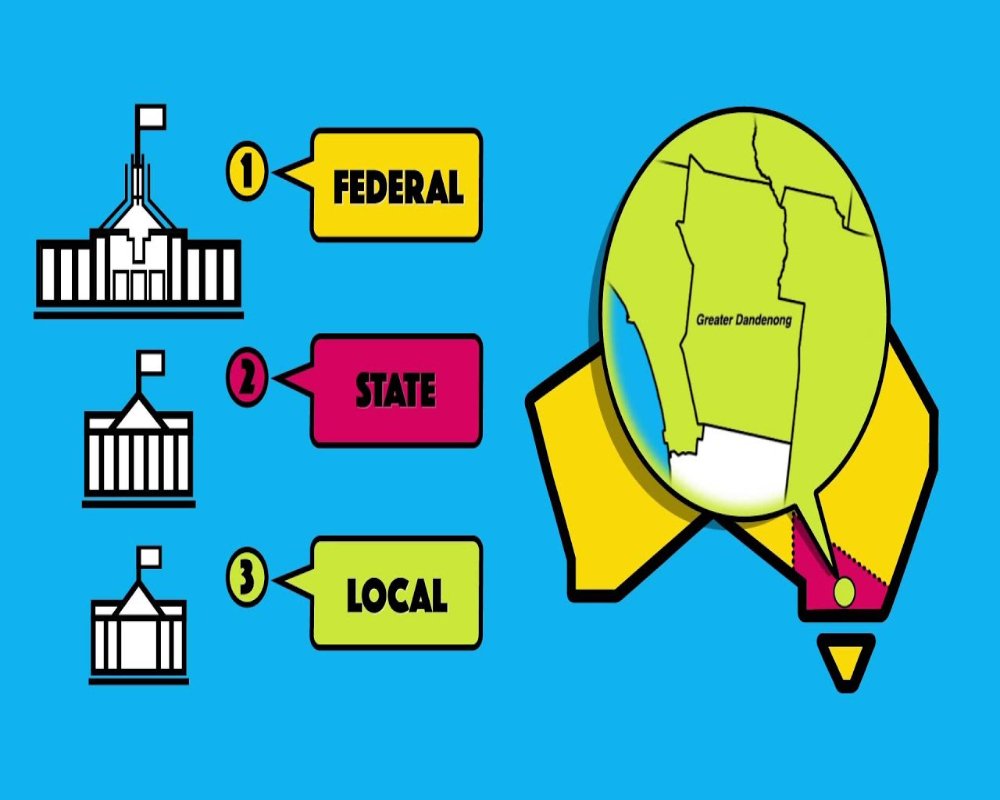Local Permits Required for Site Development
Most development projects require several local permits issued by city or county departments, including planning, building, and public works. These govern land use, infrastructure, and construction activities.
- Zoning and land use approvals (rezoning, conditional use permits, variances)
- Building, grading, and utility connection permits
- Encroachment or right-of-way permits for work on public streets or sidewalks
- Local fire, health, and stormwater management reviews may also apply
State-Level Permits for Environmental and Utility Oversight
Depending on the site’s location, environmental sensitivity, or proximity to state-regulated infrastructure, permits from state agencies may be required. These focus on safety, environmental protection, and infrastructure compliance.
- Environmental permits (e.g., water discharge, wetlands, endangered species) from state departments of environmental quality or natural resources
- State transportation permits if accessing state highways or roads
- Utility regulatory permits if connecting to regulated gas, power, or water systems
Federal Permits for Environmental and Water Resources
Federal permits are typically required if the project affects navigable waters, wetlands, or protected species, or involves federal funding or land. These are focused on environmental protection and resource management.
- U.S. Army Corps of Engineers (Section 404) permits for wetland or waterway impact
- EPA permits for stormwater (NPDES) or hazardous waste
- U.S. Fish & Wildlife Service permits if endangered species or habitats are involved


